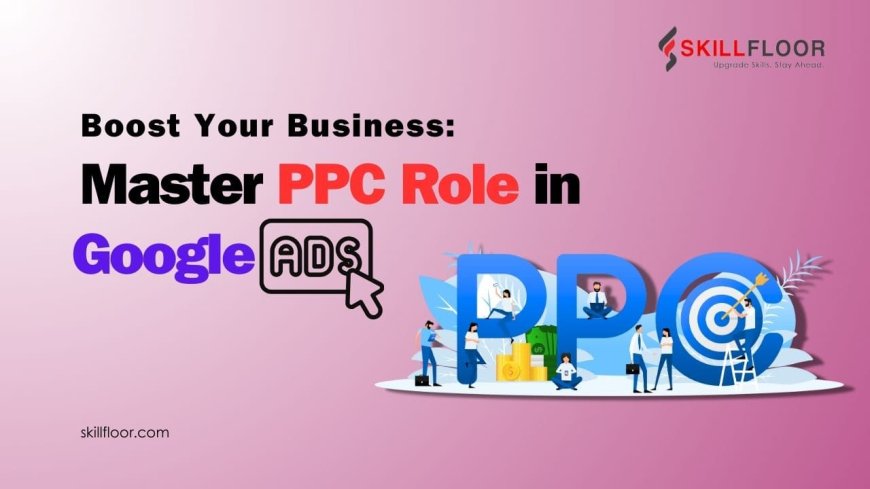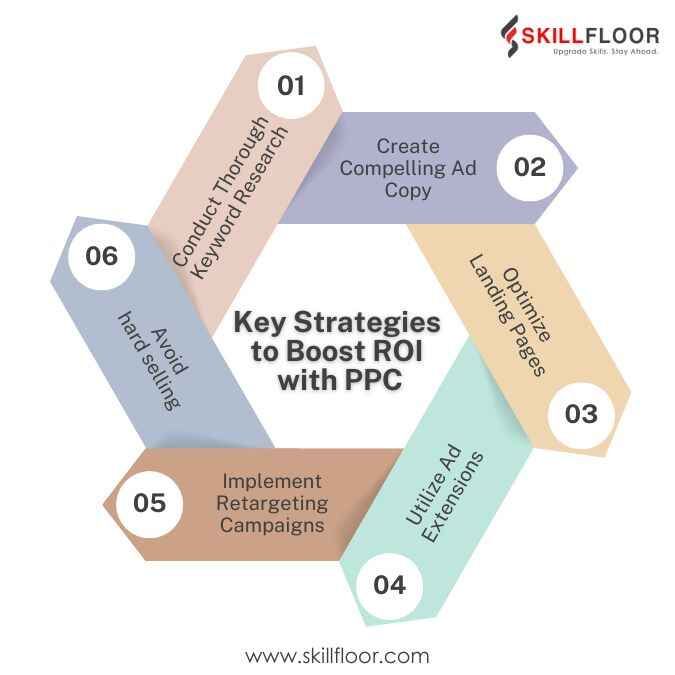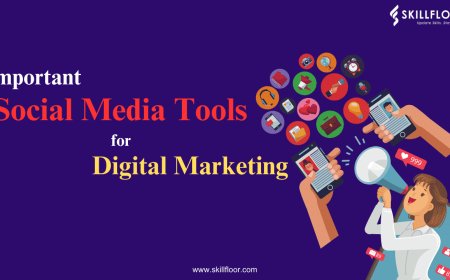How the PPC Role in Google Ads Can Boost Your ROI
Learn how a PPC role in Google Ads can improve your ROI by refining your targeting, managing your ad spend better, and boosting conversions. Maximize your PPC campaign results now!

The PPC role in Google Ads plays an important part in digital marketing, giving businesses a way to reach targeted audiences directly. By bidding on relevant keywords, your ads appear to people actively searching for what you offer. This method ensures your marketing efforts connect with those already interested, increasing the chance of gaining new customers. Managing the PPC role in Google Ads means keeping an eye on how your ads perform and making adjustments as needed. This includes analyzing data, modifying bids, and refining ad copy to get the best results. By regularly optimizing your campaigns, you can spend your marketing budget more wisely, driving more traffic and generating leads without overspending.
Adding the PPC role in Google Ads to your digital marketing strategy can positively impact your business’s bottom line. It provides a clear way to track spending and results, giving you valuable insights into what works and what doesn’t. This helps you make informed decisions, improve your campaigns, and achieve better ROI, making your marketing efforts more effective and efficient in a competitive market.
The Basics of PPC Components
-
Keywords: Keywords are the foundation of PPC campaigns. They determine when and where your ads will appear. Choosing the right keywords ensures your ads show up for relevant searches, attracting the right audience. Effective keyword research helps you find terms that potential customers are using, allowing you to target them more accurately.
-
Ad Copy: Ad copy is the text or content of your ads. It needs to be compelling and relevant to attract clicks. Good ad copy highlights your unique selling points and includes a strong call to action, encouraging users to take the next step. Crafting clear, persuasive messages can significantly improve your click-through rates (CTR).
-
Landing Pages: Landing pages are the web pages users are directed to after clicking on your ad. They must be optimized to convert visitors into customers by being relevant to the ad content and easy to navigate. Effective landing pages have clear calls to action, fast load times, and provide the information users are looking for, which can enhance conversion rates.
-
Bid Management: Bid management involves setting the maximum amount you're willing to pay for each click on your ad. Effective bid management helps control your budget and ensures you get the best possible position for your ads within your budget. Regularly adjusting your bids based on performance data can help you stay competitive without overspending.
-
Quality Score: Google rates your ads and keywords on a scale of 1 to 10 based on their relevance and the quality of your landing page. A higher quality score can lower your cost per click and improve your ad position. Focusing on creating relevant ads and high-quality landing pages can boost your quality score, making your campaigns more cost-effective.
Key Strategies to Boost ROI with PPC
1. Conduct Thorough Keyword Research
Effective keyword research is the cornerstone of a successful PPC campaign. Use tools like Google Keyword Planner, SEMrush, or Ahrefs to identify high-performing keywords relevant to your business. Focus on long-tail keywords, which are more specific and often less competitive, leading to lower costs and higher conversion rates.
2. Create Compelling Ad Copy
Your ad copy needs to stand out in the crowded digital landscape. Highlight your unique selling points (USPs) and include a strong call to action (CTA). Ensure your ads are relevant to the keywords you're targeting to improve your quality score and click-through rate (CTR).
3. Optimize Landing Pages
A well-optimized landing page can make a significant difference in your conversion rates. Ensure your landing pages are relevant to your ads, load quickly, and have a clear CTA. Use A/B testing to determine what elements work best and continually refine your pages for better performance.
4. Utilize Ad Extensions
Ad extensions provide additional information and increase the visibility of your ads. Use site link extensions, callout extensions, and structured snippets to provide more context and encourage clicks. This can improve your ad rank and reduce your cost per click.
5. Implement Retargeting Campaigns
Retargeting, or remarketing, involves showing ads to users who have previously visited your website. This strategy keeps your brand top-of-mind and encourages users to return and convert. Google Ads allows you to create retargeting lists based on user behavior, ensuring your ads are highly relevant.
6. Monitor and Optimize Regularly
PPC campaigns require constant monitoring and optimization. Regularly review your campaign performance, analyze the data, and make adjustments as needed. Look for patterns and trends to understand what works and what doesn’t. This iterative process is key to maximizing your ROI.

How can I measure the success of my PPC campaigns in Google Ads?
The success of PPC campaigns in Google Ads is measured using several important metrics that provide insights into different parts of the campaign's performance. The click-through rate (CTR) shows how many people clicked on your ad after seeing it, giving you an idea of how appealing and relevant your ad is to your audience. A good CTR means your ad is grabbing attention and encouraging people to engage. The conversion rate looks at the percentage of clicks that result in a desired action, like making a purchase or signing up for a newsletter. This metric helps you understand how well your ad and landing page are convincing users to take action.
Alongside these engagement metrics, financial efficiency is measured through cost per conversion and return on ad spend (ROAS). Cost per conversion tells you how much you're spending on average to achieve one conversion, which helps you see how cost-effective your campaign is. ROAS measures the revenue generated for every dollar spent on ads, giving you a clear picture of your campaign's profitability. By regularly checking these metrics, you can make informed decisions to improve your strategy, lower costs, and increase returns. This ongoing optimization is key to running a successful PPC campaign in Google Ads.
PPC advertising through Google Ads is a valuable tool for digital marketers. By understanding the components of PPC and implementing effective strategies, you can maximize your ROI and achieve your business goals. Remember to conduct thorough keyword research, create compelling ad copy, optimize landing pages, utilize ad extensions, implement retargeting campaigns, and monitor your campaigns regularly.




























































